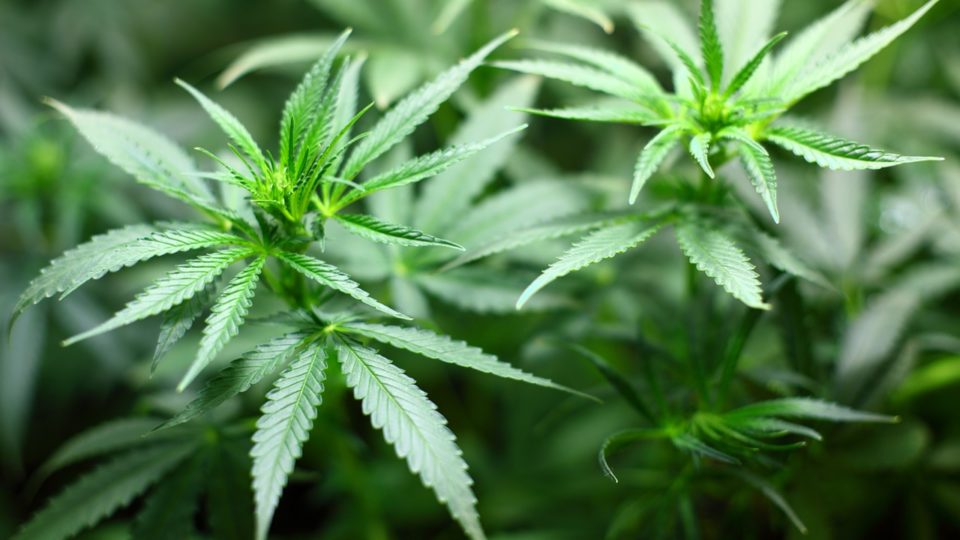It’s not the end of the road by any means, but efforts to make marijuana permissible for therapeutic use in Indonesia have taken a huge setback after the Constitutional Court (MK) today rejected a legal challenge to the country’s narcotics law.
In recent weeks, hope bloomed for the legalization of medical marijuana after Vice President Ma’ruf Amin called on the Indonesian Ulema Council (MUI) — the highest Islamic clerical body in the Muslim-majority country — to issue a fatwa (religious edict) to allow the practice. Health Minister Budi Gunadi Sadikin then said that the government is set to pass regulations allowing for medical marijuana research soon.
The fact that those once-improbable statements were said without much scrutiny in this country owed greatly to the plight of several parents whose children suffer from conditions that could be relieved by medical marijuana. They filed a legal challenge against Indonesia’s prohibition of all forms of marijuana — which is classified as a Class I narcotic under the 2009 Narcotics Law — with MK in 2020.
Sadly, MK this morning dismissed the legal challenge, saying that the matter should be left as an open legal policy.
What that essentially means is that it is now up to the government to conduct research on medical marijuana, weigh its pros and cons, and draft a bill to revise the Narcotics Law. That bill may then be passed by the House of Representatives (DPR) into law.
In that respect, there is still hope for medical marijuana in Indonesia as both the government and DPR have become more sympathetic and open-minded about ways that the plant can be therapeutic.
The possibility of medical marijuana becoming legal in Indonesia inevitably reminds us of Fidelis Arie Sudewarto, an Indonesian man who was sentenced to eight months in prison in 2017 for growing marijuana used to treat his dying wife. Though Fidelis’ final sentence was still harsher than what his supporters or even the prosecution had hoped for, it could still be considered a merciful one as Indonesia’s notoriously harsh drug laws carry a maximum charge of a life sentence.




